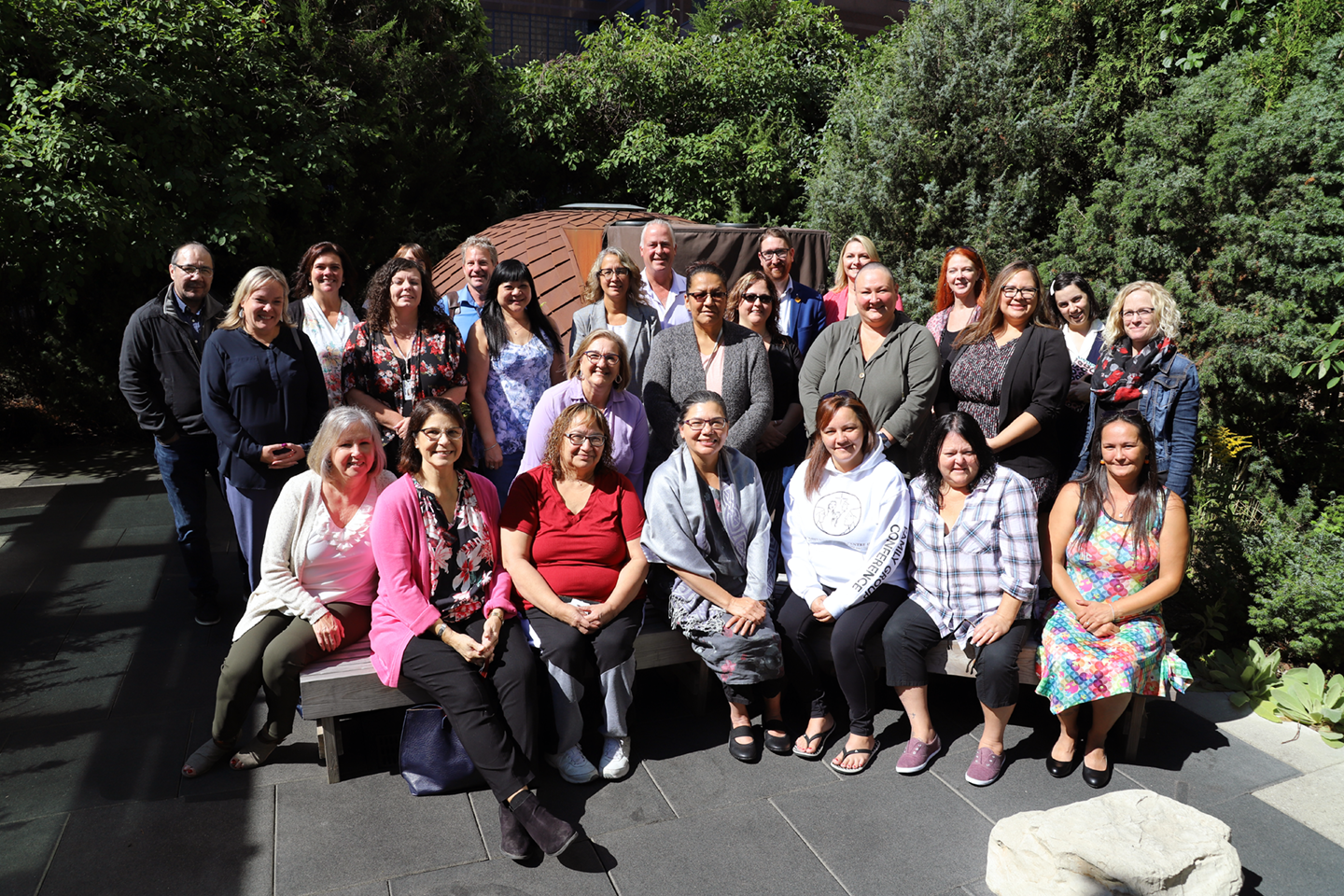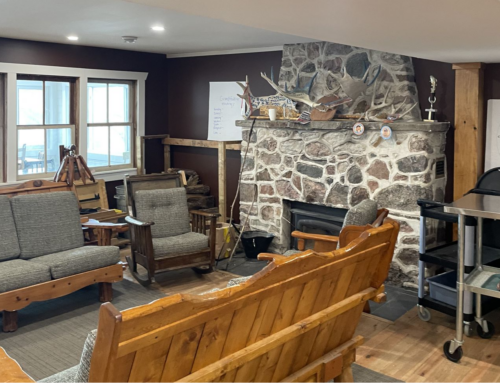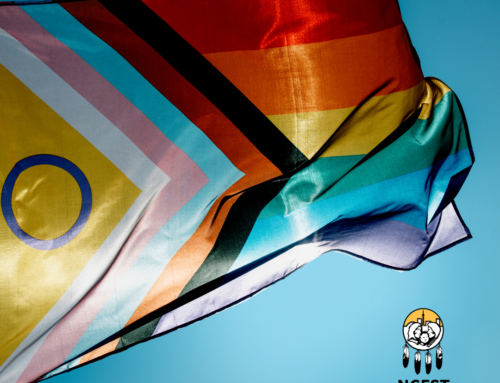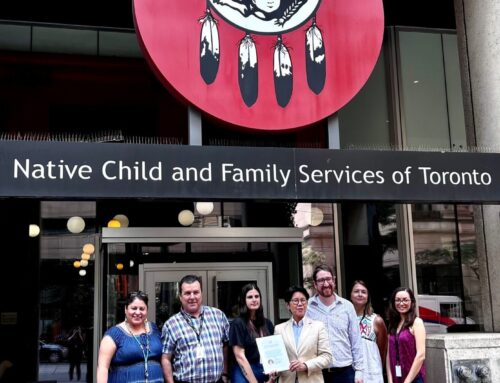In September 2019, Indigenous child and family well-being organizations delivering services in urban spaces across Canada met for the first time to consider the potential impacts of Bill C-92, An Act respecting First Nations, Inuit and Métis children, youth and families. This federal transformation of Aboriginal1 child welfare has been designed and developed without the technical expertise of the agencies currently delivering these services to the majority of Aboriginal children and families in Canada. Mechanisms used to develop Bill C-92’s regulations and inform its ongoing implementation continue to leave out large urban service providers. As a result, this process also ignores the voices of the 25% of Indigenous children not registered for Indian status and who reside in urban spaces; this population has their own unique and legitimate needs and aspirations around cultural identity, belonging, and service.
We collectively call for Indigenous Services Canada, the Assembly of First Nations, the Métis National Council and Inuit Tapiriit Kanatami to provide meaningful opportunities for urban services providers to participate in the ongoing development and implementation of Bill C-92 to ensure that: 1) distinct urban Aboriginal voices inform the process; and 2) Aboriginal children do fall through jurisdictional gaps created by the implementation of the Bill.
Read the full position paper here
Toronto Star – Opinion Editorial, Oct 15, 2019 – Spotlight needed on urban Indigenous child welfare






Leave A Comment